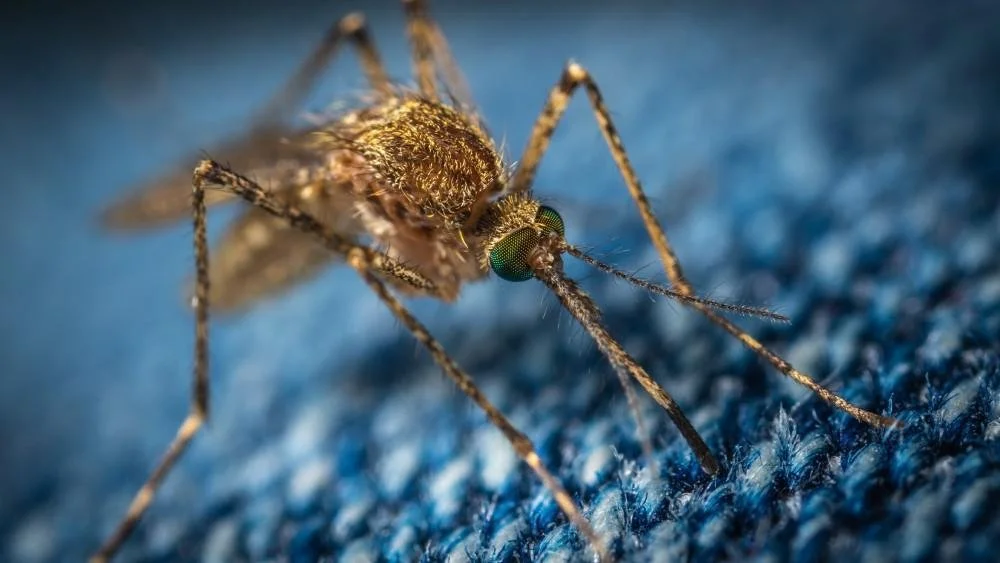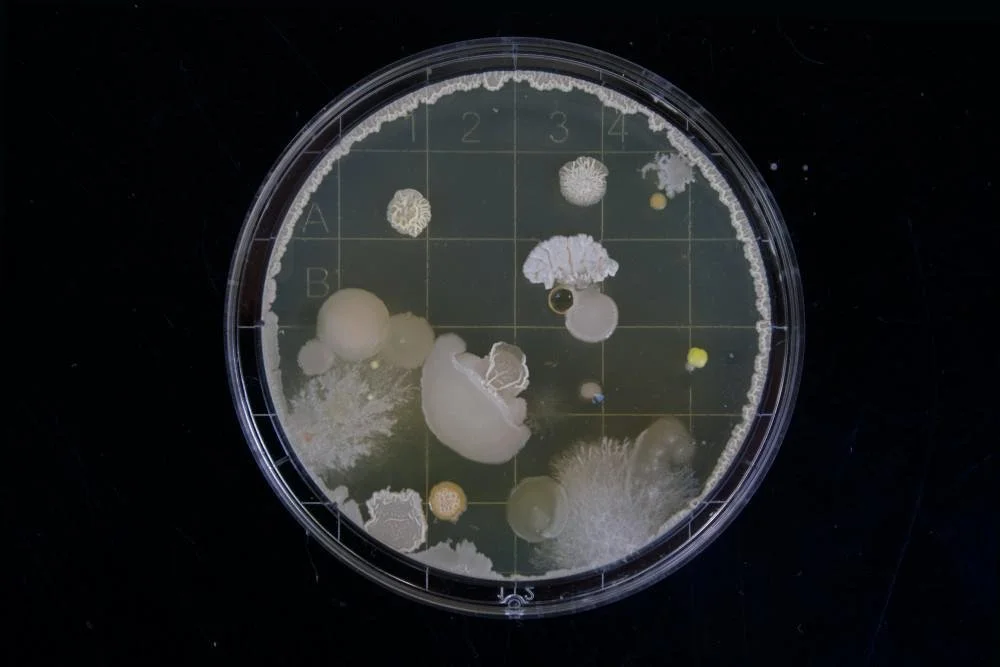The frequency and intensity of heat waves and its cumulative impact on health has risen through the decades. This is having unimaginable consequences.
Read MoreResearchers found those who vaped were 5 to 7 times more likely to be infected with COVID-19 and experience severe symptoms.
Read MoreLearn about safe non-toxic and natural bug repellents which work and keep you safe.
Read MoreWhen the body of marine life and humans are full of plastic, it essentially starves our cells and increases the risk of serious health concerns.
Read MoreLearn the truth behind what is really in your hand sanitizers and how they are making people sick.
Read MoreStress is everywhere. Changing our attitude changes how we think. Changing how we think changes how we communication. Communication is the key to how healthy relationships are.
Read MoreA study published in Science calculated the average greenhouse gas emissions associated with the red meat and dairy industry are #1 driver of climate change. Per gram protein, beef and lamb have the largest climate footprint while pork, chicken, and fish are in the middle. Learn how you can drive a positive impact by changing what you put on your dinner plate.
Read MoreJill came to see Dr. Bhandari for Hashimoto's thyroiditis. It became determined that she also had adrenal fatigue. Learn how a multi-faceted treatment plan linked to addressing the root cause dramatically helped lessen Jill’s symptoms.
Read MoreOf the two million Americans who develop antibiotic-resistant infections annually are heavily linked to eating food tainted with antibiotics. This increases their risk of suffering lifelong repercussions after the onset of the illness, such as disfigurement, chronic pain, and being mentally and/or physically disable.
Read MoreAmericans eat more meat today than any other time in its history. This is directly link to the declining health of the population, sickened by excess exposure of gasoline derivatives and other environmental toxins.
The livestock sector––at every scale, local to global––is negatively impacting the environment by contributing to overuse of freshwater, deforestation, desertification, excretion of polluting nutrients, diverting food for use as feed, inefficient use of energy, and most notably, increased greenhouse gas (GHG) emissions.
Read MoreAmericans eat more meat today than any other time in history. Learn the truth about where your meat comes from and how it is directly linked to exponentially declining population health and increasing global warming.
Read MoreAdults who drank at least 1 sugary beverage daily have a 98% higher chance of developing diabetes, high cholesterol, heart disease and its associated major complications.
Read More1 out of 3 Americans is considered metabolically unhealthy, increasingly their risk of becoming ill from viral infections and suffering significant health outcomes. Many countries around the world are also dealing with the same problem with the #1 driver being the global spread of ultra-processed food and sedentary lifestyles.
Read MoreImpacts of COVID-19 on the food sector are among its most visible and important economic consequences of the pandemic. Our rapid shift to meals at home, as opposed to meals at school, workplaces/institutions, and restaurants, brought a dramatic change in what we eat where people are purchasing more packaged foods. It is critical that everyone has access to healthy, nutritious, non-packaged fresh foods to support immune health and fight COVID-19.
Read MoreYou can catch SARS-CoV-2 (COVID-19) even if you are vaccinated. Immunity to coronaviruses that cause the common cold typically lasts between one and three years. This means that when you are re-exposed to the virus, your immune system produces proteins (called antibodies) that stops the virus in its tracks. Antibodies are essentially a little tag placed on the virus, marking it for destruction.
Read MoreConventional medicine has proven time and again that it has little to offer for the effective treatment of coronavirus (COVID-19). Many of the drugs prescribed are associated with dangerous side effects that compromise the body in the long run. Learn about some natural remedies which are effective at treating viral infections and keeping you safe.
Read MoreLearn simple tips to enjoy optimal health.
Read MoreCochrane review of scientific studies concluded that Chinese Medicine may be as effective or more so than pharmaceutical antiviral medication in treating COVID.
Read MoreMany coronaviruses can cause illness in humans and animals, from the common cold to serious diseases. The virus can easily mutated and vaccination may not be effective in generating permanent immunity. Learn how to boost your immune system to help alleviate your chances of catching the virus and getting terribly sick.
Read MoreBPA and phthalates are everywhere. These poisonous chemicals are found in so many products -- from containers to flooring, and associated with why there has been a 49% increased risk of death within the last 10 years. Learn more about these environmental toxins and how to decrease your exposure.
Read More



















